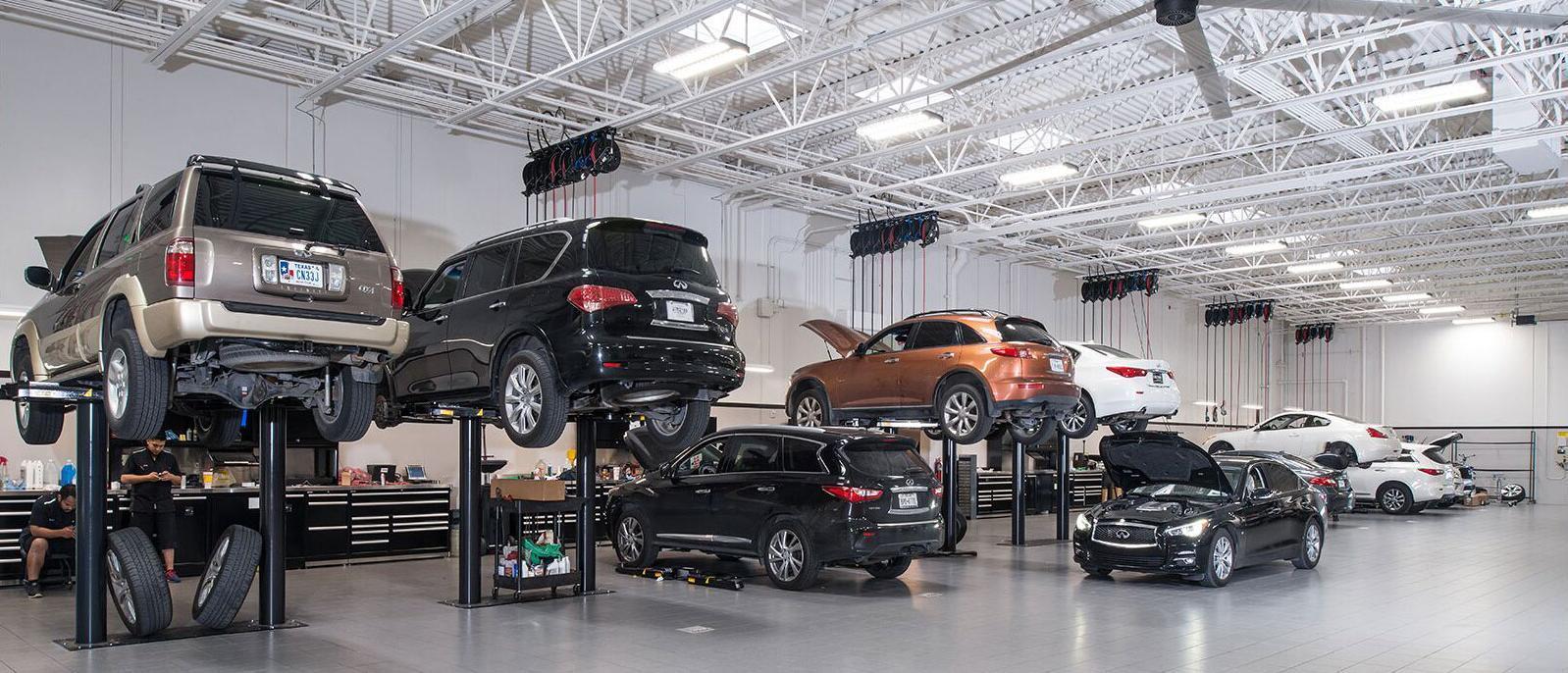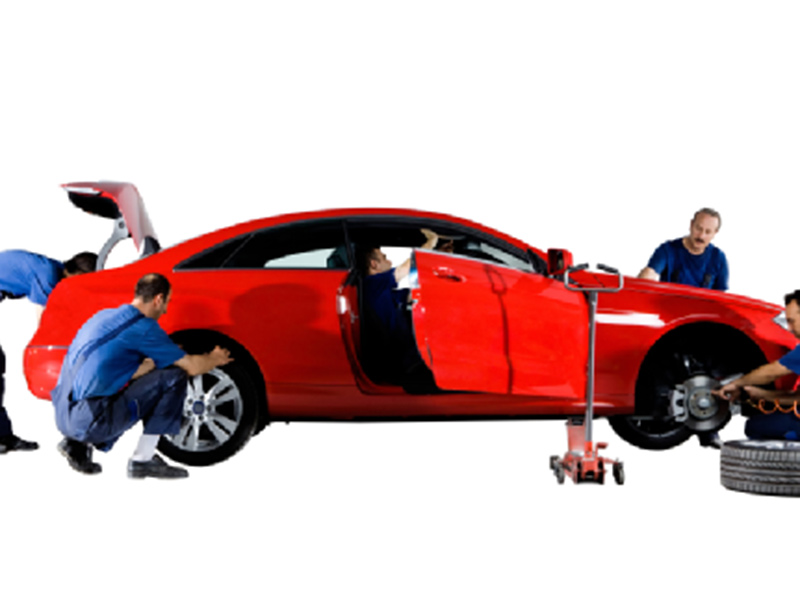All Categories
Featured
When your lorry experiences a major malfunction, the cost of fixings can be an overwhelming economic consideration. Whether it's the failing of an important system like the engine or transmission, or the requirement for substantial repair services to different elements, comprehending the variables that affect fixing costs can aid you make even more informed choices. Listed below, we lay out the key factors that add to the expense of significant car repairs.
![]()
![]()
![]()
Conclusion. Several aspects affect the price of significant vehicle repair work, including the type of repair work, the make and version of your car, the high quality of the parts used, labor charges, and the extent of the damage. Recognizing these aspects can assist you make even more informed decisions and plan for the monetary ramifications of auto repair services.

- Kind of Fixing. The main aspect influencing the cost of vehicle repairs is the sort of problem your car is experiencing. Some repair work are much more simple and affordable, such as replacing a battery or alternator. Other repair services, like dealing with a malfunctioning transmission or addressing a serious engine problem, can be much a lot more pricey due to the complexity and specialized labor called for. Certain systems in an auto, like the engine or transmission, call for more time to identify and repair, which straight converts right into higher labor charges. In addition, some troubles, such as electric problems or air conditioning malfunctions, may entail fixing that enhances the overall cost.
- Automobile Make and Design. The make and model of your car plays a major duty in figuring out fixing costs. Deluxe vehicles and high-performance cars like BMWs, Audis, or Mercedes-Benz often tend to have higher repair expenses as a result of their specialized components, progressed modern technology, and the competence needed for their repair work. The availability of parts can also boost the cost; components for international or uncommon designs are often a lot more expensive to resource than those for residential vehicles like Ford or Chevrolet. Additionally, some lorries, specifically those with sophisticated or distinct systems, might call for specific technicians or devices, contributing to the overall repair service expense.

- Parts Top Quality and Accessibility. The top quality of the components used in the repair service substantially influences the cost. In some cases, less expensive aftermarket parts may minimize the overall repair service expense, yet they might not offer the exact same longevity as OEM components, which might result in additional repairs down the road. If components are challenging to locate, it might take longer to finish the repair work, leading to higher labor costs.
- Labor Costs. Labor is just one of the largest costs when it pertains to vehicle repair work. Auto mechanics commonly charge by the hour, and repair work times can vary relying on the intricacy of the concern. Some repair work, such as engine overhauls or transmission repairs, might require several hours or perhaps days of labor, dramatically enhancing the total expense. Labor rates additionally depend upon the place of the service center-- mechanics in urban locations or high-demand places may charge greater prices due to the price of living and expenses. Furthermore, specialized repair services for facility systems may require more skilled service technicians, whose hourly prices have a tendency to be higher.
- Extent of the Damages. The degree of the damage is one more critical variable influencing repair service expenses. If the damage is confined to one component of the vehicle, such as a busted alternator or malfunctioning brake pads, the repair service will typically be more economical. However, if the problem is more severe and affects multiple systems, such as a transmission failure that likewise harms various other elements, the cost will increase. Comprehensive damage may likewise require the replacement of a number of components, which raises both the expense of components and labor.
- Car Age and Problem. The age and general condition of your car play a significant function in the price of fixings. Older vehicles are most likely to experience deterioration, leading to even more constant and potentially more pricey fixings. As cars age, particular elements, such as the suspension or exhaust system, may come to be more prone to failure. On top of that, locating components for older designs can be pricey and tough, especially if the manufacturer no more generates those components. Well-kept vehicles tend to have lower repair work expenses because their systems are in better working problem, needing fewer and much less costly repair services.
- Shop Place and Reputation. The repair service store you choose can also influence the expense of your repair work. Shops located in high-cost or urban locations tend to charge higher rates for labor and parts. Furthermore, fixing stores that specialize in particular brands or sorts of fixings might charge extra for their experience. While it's tempting to select the most affordable shop, occasionally paying a bit extra for a respectable shop can lead to far better high quality work, less errors, and less danger of needing further repair work. It's always an excellent concept to check evaluations and ask for referrals prior to selecting a service center.

- Warranty and Insurance Insurance Coverage. If your car is still under service warranty, significant repairs might be covered, which can substantially reduce your out-of-pocket expenses. Some extended service warranties or solution contracts may likewise offer protection for sure sorts of repairs, like engine or transmission failure. In addition, if the damages is brought on by an accident or outside factor, your car insurance coverage may cover the repair prices, much less any kind of insurance deductible. Always talk to your service warranty carrier or insurance provider to see if the issue is covered, as this might save you a significant amount of cash.
Conclusion. Several aspects affect the price of significant vehicle repair work, including the type of repair work, the make and version of your car, the high quality of the parts used, labor charges, and the extent of the damage. Recognizing these aspects can assist you make even more informed decisions and plan for the monetary ramifications of auto repair services.
Latest Posts
A Historical Shoreline Destination with Modern Thrills
Published Apr 06, 25
1 min read
Host Your Perfect Occasion: Venue Rental Options for every single Event
Published Mar 19, 25
1 min read
Exactly How Can Consumers Customize Furniture to Match Their Home Decor?
Published Jan 27, 25
0 min read
More
Latest Posts
A Historical Shoreline Destination with Modern Thrills
Published Apr 06, 25
1 min read
Host Your Perfect Occasion: Venue Rental Options for every single Event
Published Mar 19, 25
1 min read
Exactly How Can Consumers Customize Furniture to Match Their Home Decor?
Published Jan 27, 25
0 min read